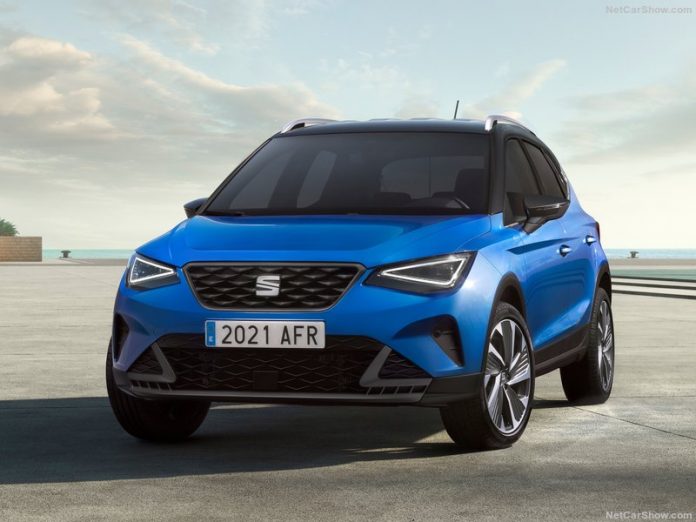Dutch Auto Market in October 2023 falls 2.3% following 9 consecutive positive months, reporting 28,230 new sales (-2.3%). YTD figures at 314,676 are up 24.4% from the previous year. Volkswagen becomes the market new leader, rising 47.3%.
Market Trend and Outlook
The Dutch auto market in October 2023 falls for 2.3% following 9 consecutive growths, reporting 28,230 new sales. YTD figures at 314,676 are up 24.4% from the previous year.
Looking at cumulative data up to October 2023, brand-wise Volkswagen rises 1 spot into 1st with 29,862 sales (+47.3%), followed by Kia at 28,688 (+12.0%), Toyota at 21,395 (+7.3%) and Peugeot at 18,625 new registrations (+0.8%).
Renault rises 3 spots into 5th with 17,253 sales (+37.0%), followed by Skoda at 17,184 (+33.8%) and Hyundai with 16,909 units sold (+15.0%).
BMW falls 2 spots into 8th position with 16,725 new sales (+17.7%), in front of Tesla -up 16 spot- at 14,924 (+648.1%) and Opel in 10th with 12,819 units sold (+25.2%).
Looking at specific models the Tesla Model Y becomes the new best selling car, rising 67 spots from the previous year with a 644.7% increase in sales. The Kia Picanto follows in second with a 52.7% year-on-year growth.
Medium-Term Market Trend
The Dutch Auto market presented many ups and downs in the past 12 years. It started in 2011 at 578k sales, the highest level of all the following years. A 3 year downtrend took sales to 384k in 2014 with 2015 and 2016 alternating trends, +18.1% and -16.2%, respectively. From 2017 to 2019 car passenger sales grew overall despite the growth getting smaller each year.
The arrival of the pandemic shook the world markets and the dutch one was no exception, reaching the lowest level of the decade at 355k registrations (-19.9%).
It is clear that the fall of the pandemic has scarred the Dutch auto market. In fact, the market collapse continued through 2021 into 2022, with this past year totaling 311,429 sales, a 3.2% decrease compared to the prior one.
Although Europe is an important center for EV manufacturing, Germany in particular, the production costs haven’t been able to meet with the consumers willingness to pay, with the average cost of new BEVs at euro 55,821. Lack of raw materials and elevated costs for micro-chip production also pose a threat for the Dutch car passenger market, that is already having to confront higher prices and longer waiting times, pushing lower income consumers into the second hand market. These factors will continue to put negative pressure on sales going into 2023.
Tables with sales figures
In the tables below we report sales for all Brands, top 10 Manufacturers Group and top 10 Models











